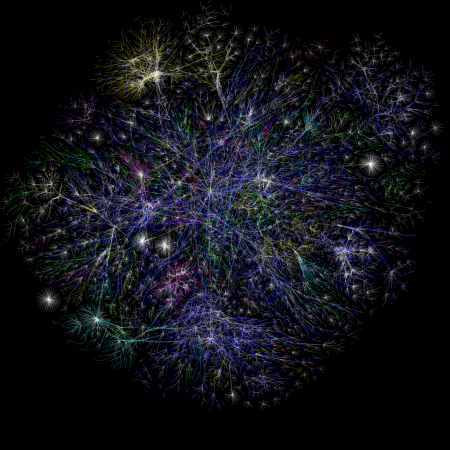
Andrew Zak Williams asks 30 believers and 30 non-believers why. Their answers do a great job summarizing the major arguments and philosophies of both camps.
Theists assert a number of reasons for their belief: their need for there to be some purpose in the world rather than see the universe as the result of the unguided vagaries of random chance; profound, spiritual experiences in their past; their perception that the beauty of life and the universe must have had some (intelligent) design; and sometimes, an acknowledgment of the need for an element of blind faith.
Atheists, on the other hand, argue the lack of evidence; the often prejudicial, unjust nature of the religions many of them grew up with; and the fact that to recognize one type of religion as correct, often requires its adherents to believe that the others are wrong, leading to the conjecture that none of them are right and they’re all wrong.
Stephen Hawking tries to thread and interesting needle:
I am not claiming there is no God. The scientific account is complete, but it does not predict human behaviour, because there are too many equations to solve.One therefore uses a different model, which can include free will and God.
— Stephen Hawking (2011) in Faith no more (Williams, 2011) in the NewStatesman.
Many adolescents will be encountering these types of questions on their own or through all the bat mitzvah, confirmations and other religious coming-of-age ceremonies adolescents face. Either one of these two articles would be an interesting, if delicate, subject for a Socratic dialogue, especially while studying the history of religions.
[via The Dish]